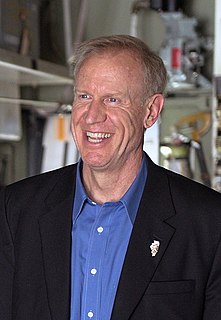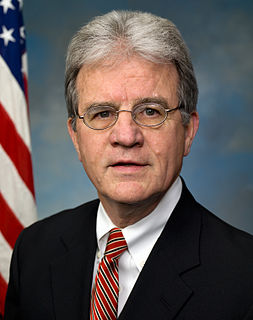A Quote by Pope Francis
We are called to reach out to those who find themselves in the existential peripheries of our societies and to show particular solidarity with the most vulnerable of our brothers and sisters: the poor, the disabled, the unborn and the sick, migrants and refugees, the elderly and the young who lack employment.
Related Quotes
Therefore we pledge to bind
ourselves to one another, to embrace
our lowliest, to keep company with
our loneliest, to educate our illiterate,
to feed our starving, to clothe our
ragged, to do all good things,
knowing that we are more than
keepers of our brothers and sisters.
We are our brothers and sisters
Living Holy Week following Jesus means learning how to come out of ourselves to reach out to others, to go to the outskirts of existence, to be the first to move towards our brothers and sisters, especially those who are most distant, those who are forgotten, those who are most in need of understanding, consolation and help. There is so much need to bring the living presence of Jesus, merciful and full of love!
To make a concrete response to the appeal of our brothers and sisters in humanity, we must come to grips with the first of these challenges: solidarity among generations, solidarity between countries and entire continents, so that all human beings may share more equitably in the riches of our planet. This is one of the essential services that people of good will must render to humanity. The earth, in fact, can produce enough to nourish all its inhabitants, on the condition that the rich countries do not keep for themselves what belongs to all.
I talk to the young generation and advise them to be both fully Muslim and fully Western citizens, to be free, to speak out, to express themselves. We have new generations of Muslims who were born in the West, coming from within, and they are well educated and they understand. Some sisters and brothers are ready, yes, even though I can see young sisters and brothers who are also obsessed with their social status, their titles, their salary and are scared to not be tolerated.
Those who are marginal in the world are central in the Church, and that is how it is supposed to be! Thus we are called as members of the Church to keep going to the margins of our society. The homeless, the starving, parentless children, people with AIDS, our emotionally disturbed brothers and sisters - they require our first attention.
If we're to honor the heritage of our country, whether it be in terms of religious freedom, whether it be in terms of truly protecting life, protecting not just the unborn but who comes next, the infirm, the elderly, the maimed, the disabled - that's who comes next as we get into the budget crunch of taking care of those people in the years - I believe we ought to have that debate honest and openly.





























